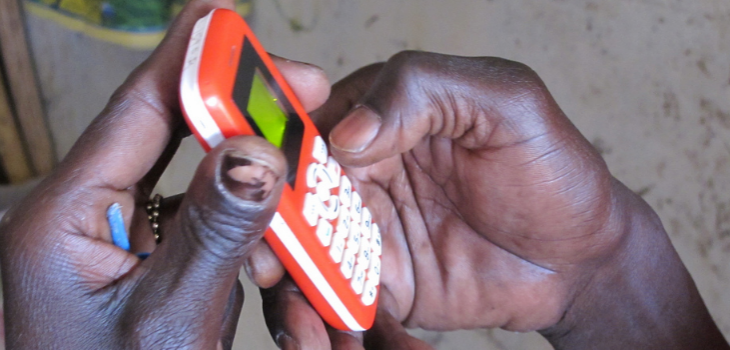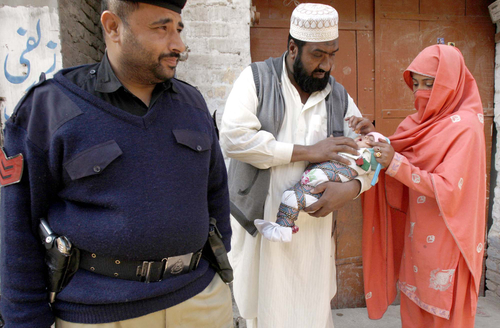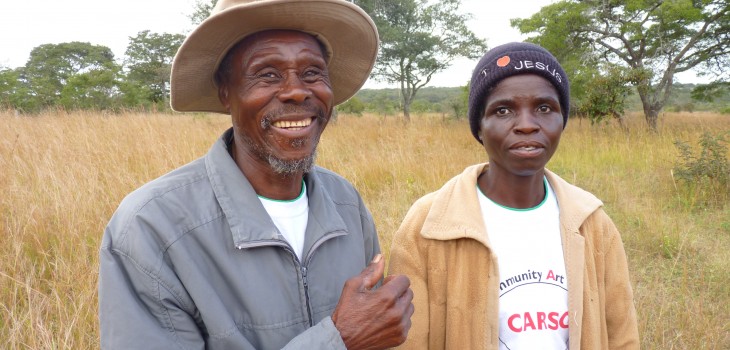By Rhys Williams (London School of Hygiene & Tropical Medicine).
This blog is cross posted on the IDEAS website here.
An IDEAS supplement in the Journal of Health Policy and Planning
Information systems and health planning are relatively neglected areas of health policy and system research.
Collecting high quality routine…



















